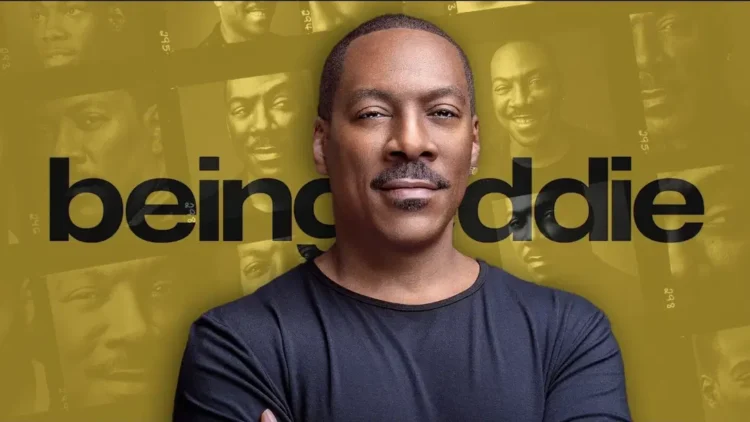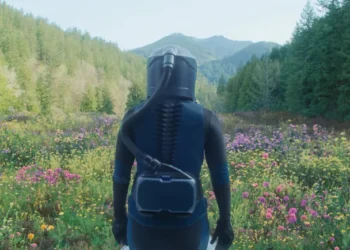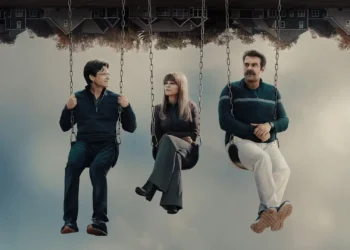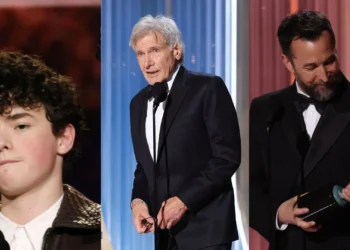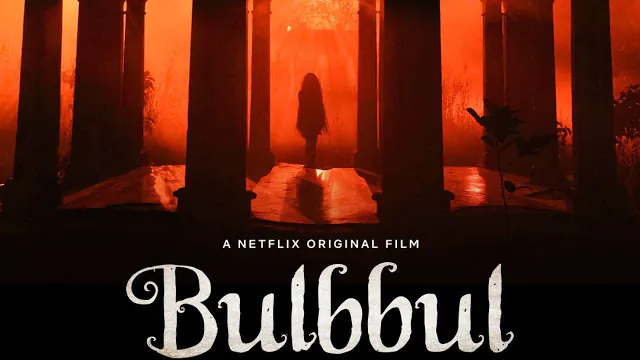Introduction: Netflix’s Ongoing Star-Powered Documentary Trend
Netflix continues to ride the wave of celebrity-focused documentaries, offering intimate — though often self-directed — portraits of iconic figures. Following the success of titles like Sly (Sylvester Stallone), Halftime (Jennifer Lopez), and Pamela: A Love Story (Pamela Anderson), the streaming giant now turns its lens on Eddie Murphy in Being Eddie. This project joins a growing lineup that began with Miss Americana (Taylor Swift) back in 2020, blending nostalgia, fandom, and marketing savvy to keep subscriber engagement high.
A Tribute, With Limits
While Being Eddie is undeniably affectionate, it’s far from a raw, unfiltered exposé. It serves to remind viewers of Murphy’s unparalleled impact on comedy and film, painting him as a pioneering figure who reshaped entertainment opportunities for generations of performers. However, the film’s approach feels more celebratory than investigative — offering just enough personal detail to connect with audiences, but sidestepping certain chapters entirely.
From Childhood to Stardom: The Narrative Arc
The documentary opens with Murphy’s formative years. Raised by his mother after his parents’ divorce, his childhood was marked by tragedy when his father died in a domestic incident. The film highlights the influence of his stepfather, Vernon Lynch, whose discipline shaped Murphy’s work ethic. We also meet his siblings and hear touching reflections on his late brother, Charlie Murphy, best known for Chappelle’s Show.
The career timeline revisits Murphy’s standout comedy moments — his Saturday Night Live tenure, groundbreaking specials Delirious (1983) and Raw (1987), and even a humorous retelling of being stuck at Rick James’s house during a blizzard, which led to the recording of “Party All the Time.”
Selective Storytelling & Strategic Omissions
Despite Murphy’s openness about certain personal relationships, the film omits key aspects of his life — notably his first marriage and his relationship with Mel B. — presenting a simplified domestic image centered on his current fiancée, Paige Butcher, and his ten children.
Career lows, such as The Adventures of Pluto Nash, Imagine That, and A Thousand Words, are noticeably absent, reflecting a tendency in Netflix’s celebrity biographies to protect their subjects from blemishes.
Murphy’s Self-Appointed Role in Shaping Hollywood
The documentary brings in voices like film critic Elvis Mitchell to underscore Murphy’s influence. Murphy himself credits his career as laying the groundwork for talents like Morgan Freeman, Denzel Washington, and Spike Lee. While the claim feels ambitious, it’s undeniable that Murphy’s success in the ’80s and ’90s helped alter Hollywood’s casting landscape.
Is Being Eddie Worth Watching?
Netflix’s Being Eddie offers more than a simple retrospective of comedian Eddie Murphy’s career—it delivers a nuanced exploration of how his work intersected with changing cultural attitudes toward race and representation in entertainment. Through interviews with comedy icons such as Dave Chappelle, Kevin Hart, and Jamie Foxx, the documentary positions Murphy as a transformative figure who expanded the scope of mainstream comedy in an era still hesitant to embrace another African American superstar after Richard Pryor.
One of the film’s most striking moments features Chris Rock and Murphy revisiting scenes from the 1970s sitcom Alice, where racially offensive jokes—such as referring to a Black character as a “baboon”—served as casual punchlines. This segment underscores how normalized prejudice once was in television comedy, and it highlights the cultural barriers Murphy had to navigate early in his career.
The documentary also recalls the critical reception of Boomerang, a romantic comedy notable for its all-Black cast. At the time, some critics remarked on the absence of white characters, subtly reinforcing the bias that such representation was rare outside of genres tied to urban struggle narratives, like Boyz n the Hood. By showcasing moments like these, Being Eddie illustrates how Murphy’s career challenged—and ultimately broadened—the industry’s perceptions of who could lead diverse, mainstream stories.
Beyond his groundbreaking contributions, the film portrays Murphy as a survivor in a notoriously fickle business. While many entertainers fade within a few years, Murphy has remained relevant over decades of shifting cultural currents. His enduring influence stems not only from his talent but also from his ability to adapt—though the documentary suggests that a deeper, more candid self-examination could have further enriched his legacy. In acknowledging both his triumphs and complexities, Being Eddie presents a balanced portrait of a legend whose impact reshaped the comedic and cultural landscape.
Being Eddie is more of a love letter than a full biography. It’s designed for fans eager to relive Murphy’s brightest moments rather than dissect his entire career trajectory. While it leaves certain questions unanswered — including conflicts that may have influenced his long absence from SNL — it works well as an uplifting reminder of his enduring charm.
For viewers interested in both the history of comedy and the broader conversation about representation in media, Being Eddie is a compelling and timely watch. The documentary premieres exclusively on Netflix on November 12th.


